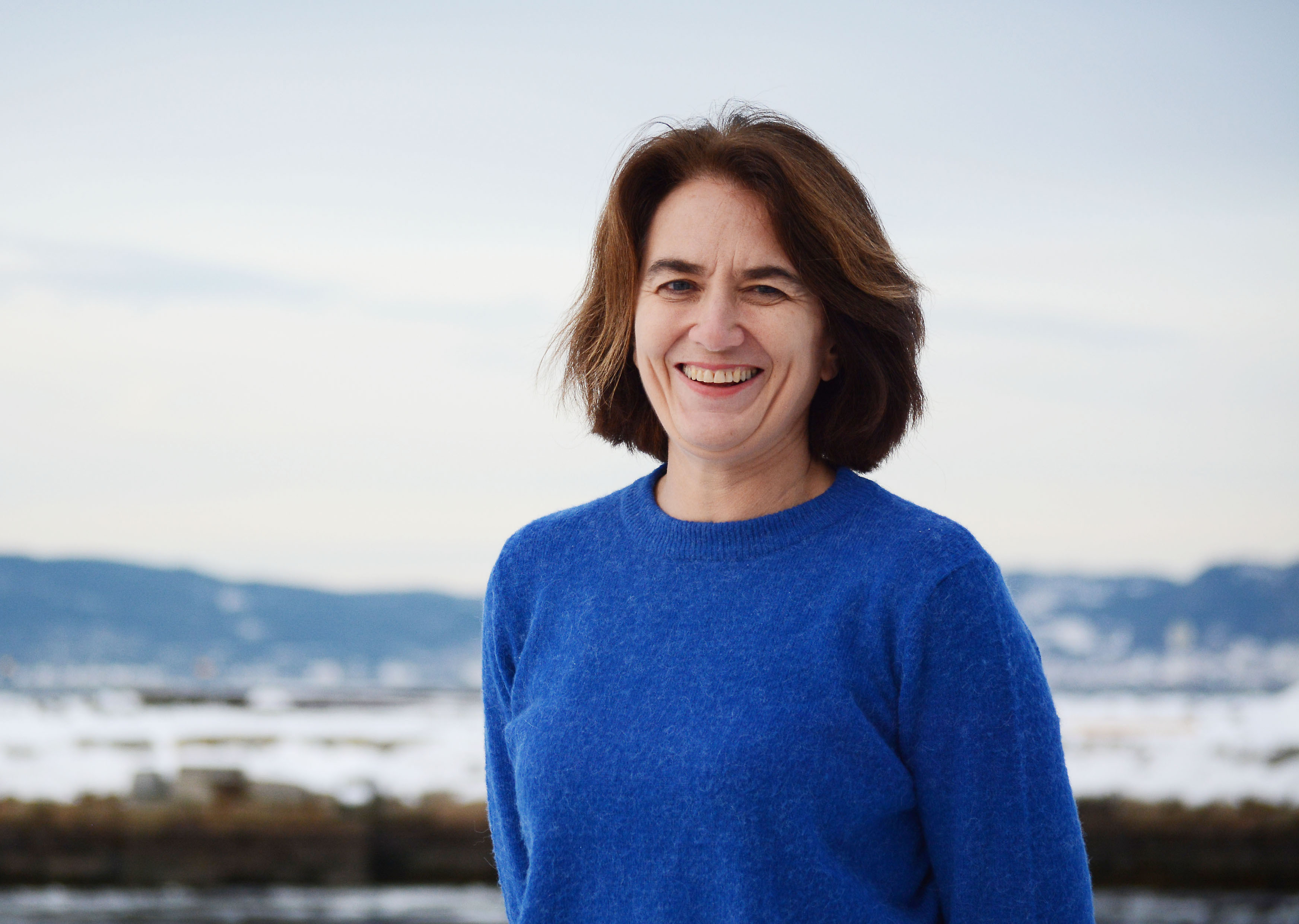EATiP in Government Europa: How to approach aquaculture innovation
European aquaculture encompasses the cultivation of a wide range of fish and shellfish species and is a truly pan-European production activity, which has grown rapidly from a cottage industry in the 1960s into an industrial sector that is composed of multinational companies, SMEs and family firms.
A common thread to each of aquaculture’s components is the knowledge base that has been developed through innovative research and development activities, led by universities and institutes throughout Europe, which have contributed to globally recognised levels of excellence in innovation.
Aquaculture in Europe has created a dynamic and effective knowledge-based sector. While most of the products of European aquaculture are destined for the European consumer, the sector’s service and knowledge activities have set international standards for global aquaculture innovation and development.
The European Aquaculture Technology and Innovation Platform (EATiP) has been designed to include all members of the European aquaculture value chain, from suppliers through producers to processors within the profession, as well as leading research groups and key representative organisations.
Goverment Europa this week had a chat with EATiP general secretary Alexandra Neyts about the importance of a holistic and multidisciplinary approach to aquaculture innovation. Among the things that were discussed, was the strategic research and innovation agenda (SRIA) and EATiPs involvement in different aquaculture projects.
(Retrieved from governmenteuropea.eu)
SRIA and projects
You can read the Review of the Strategic Research and Innovation Agenda document here. Also, make sure to read about the projects EATiP is involved with.

